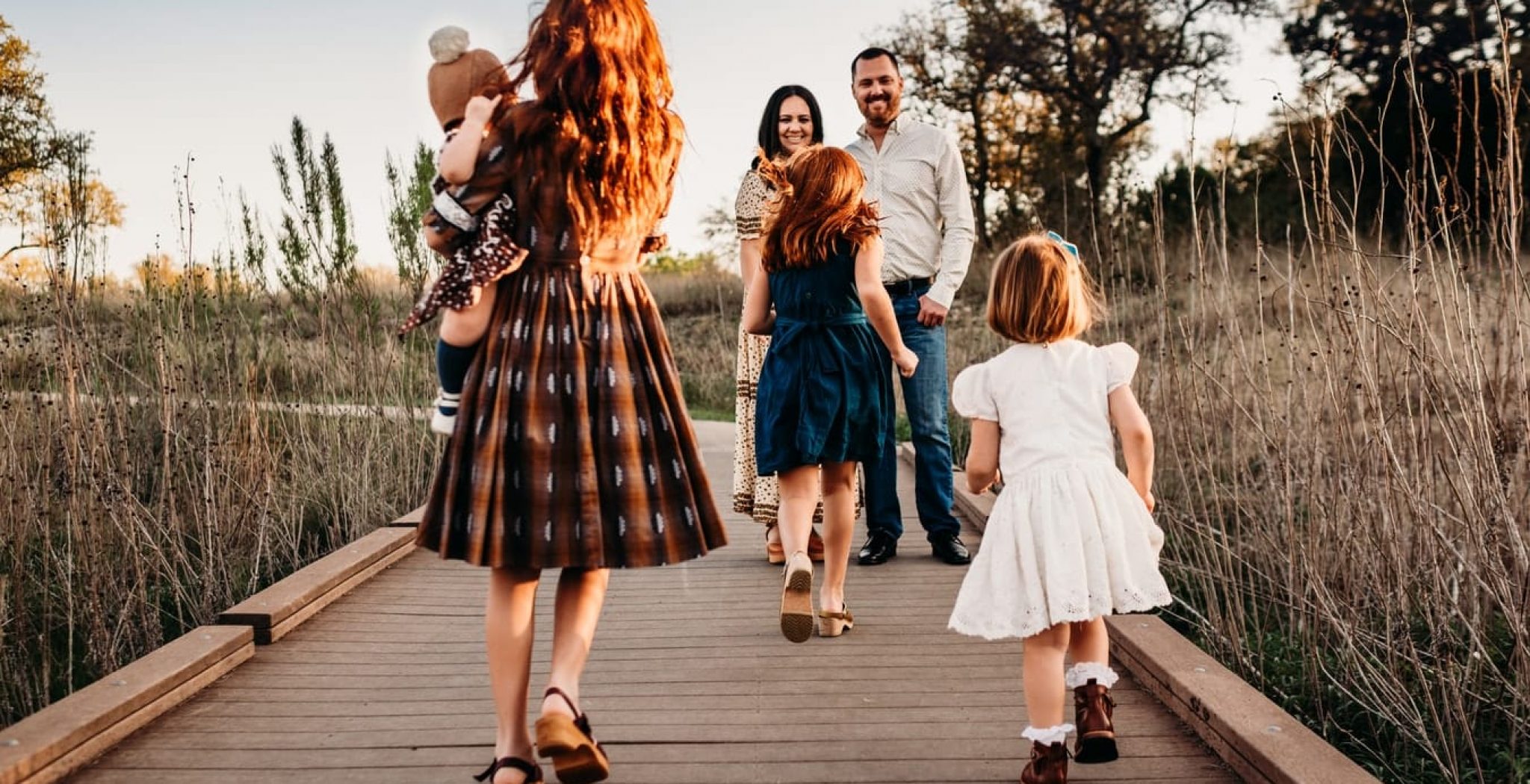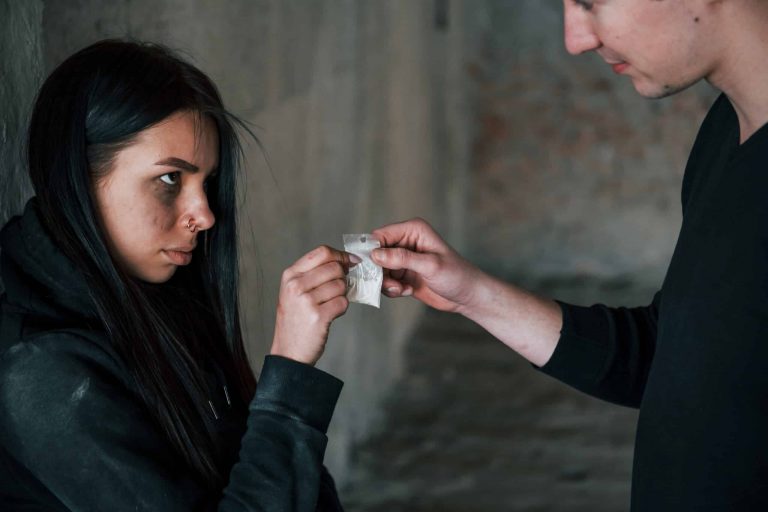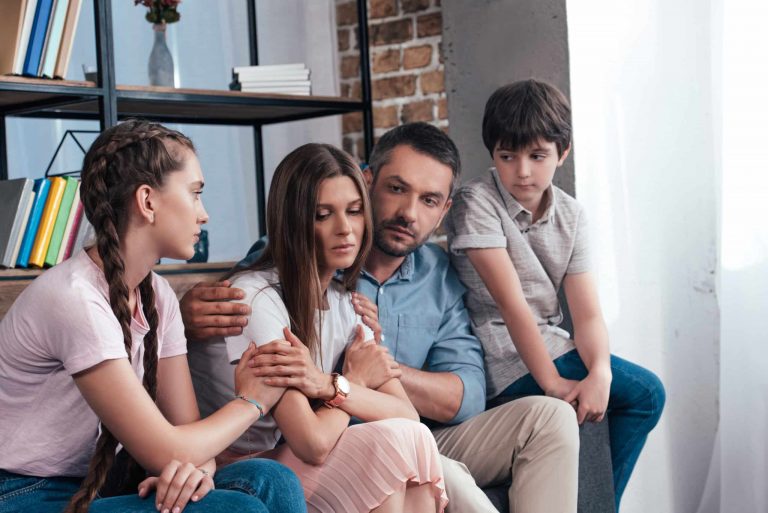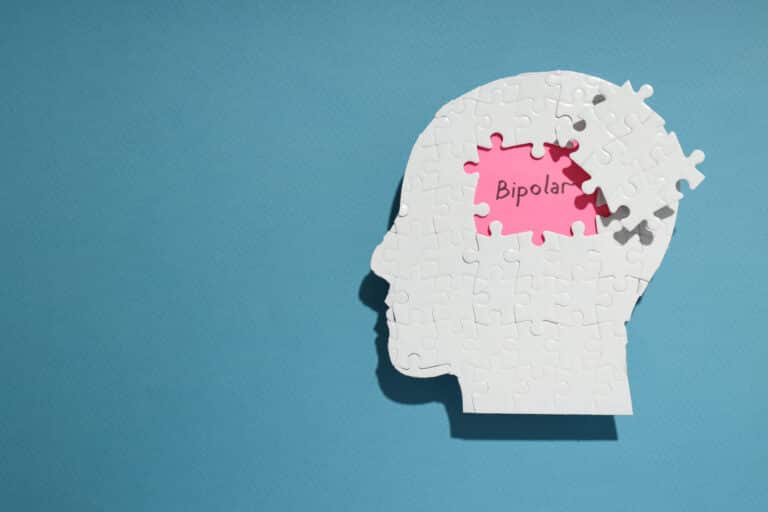If you or someone you love is struggling with addiction you are not alone, since 165 million Americans suffer from an addiction. Fortunately, there are treatment options available that can put you on the road to family recovery.
Substance abuse can destroy relationships between people who love each other. That’s why including your loved ones in your treatment process goes so far in helping you get better.
Working with family can also help expose any underlying thoughts or feelings between you that might be contributing to addiction. So read this guide carefully and learn how you can help your loved ones heal.
How to Talk to Your Kids About Addiction and Treatment
Talking to kids about addiction treatment will vary depending on their age. It’s best to talk to kids still in elementary or middle school about addiction by using metaphors.
Frame addiction as something simple they can wrap their heads around. Here are some ways you can frame addiction so that your young children know why you or a loved one are going to rehab:
- Some people feel bad and eat a lot of candy all the time and it makes them sick, so they have to go to a special hospital so that they stop
- Sometimes, when someone feels really bad, they start eating lots of candy every day until it hurts them inside
- Sometimes people get really mad when they don’t have their candy anymore and it makes them act mean and treat other people badly
With teenagers, you can be less euphemistic and just explain to them that their family member is suffering from an addiction. It might also be a good time to bring up any substance abuse problems that run in the family.
Talking to your kids about substance abuse is a great way to prevent addiction from happening before it starts.
Talking To Your Substance Abusing Family Member
Confronting a loved one who is addicted can be hard. But letting them know that they have family support reminds them that they don’t have to live the way they do.
Even if they have caused significant harm to you, cutting them off completely could make their behavior even worse. You could even end up shunting the responsibility onto a smaller number of people.
Even if they have hurt you, try to make sure that they know they can come back and be part of the family again if they clean up their act.
One of the stages of family recovery for addicts is going back and apologizing to the people they’ve wronged. Denying someone that closure could lead to them spiraling into despair and losing hope.
If your loved one is mostly only hurting themselves, it’s best to stay close to them and ask if there are any ways you can help them with their addiction treatment.
The more you can help them in their recovery, the sooner they’ll be able to go back to living a healthy life. Ask their counselors or doctors about how you can help them recover.
Family Recovery Is Possible
Things may sometimes look bleak, especially if your loved one suffers a relapse. But it’s important to remember that relapses are a common part of addiction treatment, and it doesn’t mean your loved one is hopeless.
Always remind your loved ones struggling with addiction that they have a support network. Let them know that you’re there and are ready to help them with family support.
What Family Support Can Look Like:
- Being physically present for them can go a long way
- Making sure that your family member can communicate with you without fear of judgment
- Many people with substance abuse feel guilt and shame so it’s important not to pile on to those feelings
- Talk to others about behaviors that make your family member upset
- Make sure that any stress-inducing behaviors by the people around them are kept to a minimum
- Going outside and just spending time with your family member can help them kick their habit and pick up good ones
Make sure you talk to your loved ones about the best way you can help before making any plans. You want to be helpful, but you also don’t want to come across as pushy.
Incorporate Family Care and Professional Treatment
If you’re considering getting a loved one into rehab, they’re in luck. Only 19% of people who need rehab ever get to go. So by checking in your loved one, you’re giving them an opportunity few people ever get.
You and your family don’t have to take on the challenge of healing your loved one by yourselves. There are rehabilitation centers all across the country. You just need to pick the one best for your needs.
Be sure to look for a wholesome family recovery center when choosing a rehab facility for your loved one. A good facility goes a long way in helping your family member kick their bad habits.
Good facilities also offer you the opportunity to talk to your loved one’s counselors to talk about what’s best for your loved one after they leave the facility.
Always remember though that staying sober is a lifelong battle. But if you can be there for the person you care about, it doesn’t have to feel like one.
Addiction Doesn’t Have to Ruin Lives
There’s always hope for people struggling with substance abuse problems. That being said, the earlier you detect and treat the problem, the easier family recovery will be.
Don’t let doubt or anger prevent you from helping your loved one live a healthy life again. People are capable of changing for the better, they just need the right care and help along the way. So don’t hesitate, and check out our treatment centers today. The people you love deserve the best treatment you can get them.







